Sort out slow, unreliable Wi-Fi with one of these great routers. Whatever your budget, you'll find your upgrade here.
An internet connection is considered an essential service now, along with electricity and water. In most cases, though, people just use the router that was supplied by their broadband provider. Some are better than others, but you can almost always get better Wi-Fi coverage and speed by upgrading that router, especially if it's a few years old.
Before you buy a new router, make sure you know which type you need. There are two main types, those with built-in modems and those without. In the UK, most people use the first type because the most common type of broadband is ADSL or VDSL, both of which require a modem. The second type is for people with cable broadband, such as Virgin, or any other service that provides a separate box to which a router would connect.
Buying a single router may not be the best plan these days, though. That's because you can now get what's called mesh Wi-Fi.
A mesh Wi-Fi system is essentially made up of two or more wireless routers which work together to deliver a Wi-Fi network that can cover even the largest of homes. Your phone or other mobile device will switch seamlessly between these as you move around your home.
And they're not as expensive as you might think, so if you were planning to buy a new router because your current one doesn't bathe your whole home with Wi-Fi, then take a good look at a mesh system as it will plug in to your existing router.
In fact, you might not need to spend anything at all: we've written a guide on how to improve Wi-Fi in your home, which includes some great tips on getting better speed and coverage from your existing router.
However, if you need better Wi-Fi in just one room, you could be better off buying a set of powerline network adapters with built-in Wi-Fi.
So, there are quite a few options open to you, but if you want to keep things simple and replace your old router with a new one, then here's what we recommend you buy.
1. D-Link EXO AC2600
Five years of McAfee protection (at router level) is bundled and at this price you're getting great value.
Bear in mind this router does not include a modem, so is best for those who have cable broadband rather than ADSL / VDSL.
2. Asus DSL-AC88U AC3100
Just watch out for the RT-AC88U version when buying: this is an identical-looking router but it lacks the ADSL/VDSL modem.
3. Netgear XR500 Nighthawk Pro
We’d like it to be cheaper, but that is so true of many of the most desirable devices. So, if you can afford it, you won't be disappointed.
4. Asus DSL-AC68U
5. Tenda AC10U
Don’t expect it to match the expensive routers here for performance, though – speed is fine but not the best you can get. If you can afford to spend more, you can get better speed and range.
6. AVM Fritz!Box 7590
However, it's expensive and you'll need to use the extra features on offer to make it worth the relatively high price.
One of those features is the ability to use with the Fritz!Repeater 3000 to form a mesh network.
7. AVM Fritz!Box 7530
The Fritz!Box 7530 is a much cheaper alternative to the 7590 yet still offers a lot of the additional features of that router including VOIP support and network media streaming, if that's useful to you.
More importantly, thanks to the latest software update, you can now use the 7530 as part of a mesh Wi-Fi network in conjunction with Fritz!Repeater 3000 or, indeed, the 7590.
It's a fine option if you're looking to upgrade an old router with one that offers good performance at a reasonable price. But it is best suited to more tech-savvy users who will also get the most out of it.
8. Synology RT2600ac
Synology has approached its router range with the same design ethic as its excellent NAS range and the RT2600ac is the stunning result.
Where other router makers talk-the-talk of security, flexibility and performance, the RT2600ac unequivocally delivers on those words.
It's also pretty handy if you don't already own a NAS drive, as you can attach a hard drive to this router and it'll basically become one.
9. Netgear Nighthawk AX4
The Netgear Nighthawk AX4 is a decent router with a slick design, handy features such as being able to connect a hard drive for backup and extremely fast performance.
It's an affordable entry to Wi-Fi 6, but you probably don't need to go beyond 11ac unless you want to future-proof. One of the main features of this newer standard is being able to handle loads of devices at once, but this is unlikely to be necessary in most homes - especially with a lack of devices out that are compatible.
This is an easy router to set up and use, but the app is a little basic with no advanced parental controls.
Wi-Fi Router Buying Advice
Do I need an 802.11ac or Wi-Fi 6 router?
802.11ac is the prevalent standard at the moment, so chances are that any reasonably priced router you look at will support this standard. The latest routers have so-called Wi-Fi 6, which is supposed to be even better when you have many Wi-Fi devices trying to access the internet at the same time. It's early days for Wi-Fi 6, though, and almost no phones and laptops support it.
What features should I look for in a router?
Once you know the type of router you need, it's a case of deciding how much to spend and the features you want.
For best results, look for an 11ac wireless router with at least three aerials. Sometimes these will be mounted inside, so check the specs or our expert reviews to be sure what you’re getting. Our extensive lab testing suggests that internally mounted antennas can be just as effective as routers that rock the stealth bomber look, so you don't have to have something that looks like an inverted robot spider to get good performance.
With many homes still finding a need for wired ethernet connections, it makes sense to have a good number of LAN ports - check out our guide to the best ethernet cables if you want to maximise speeds in a wired network.
Look for Gigabit ports, as these run up to 10 times faster than the older 10/100 Ethernet ports.
Don't worry too much about the number of ports, as these can be easily and cheaply extended using a hub such as the TP-Link SG1005D although that creates more wires and power supplies to hide away.
If you want to share a hard drive without going the whole hog and buying a NAS drive, then get a router with a USB port which supports storage. Many also let you share a USB printer this way. Synology's RT2600ac router combines the software from its NAS drives with router hardware, so you can simply add your own external storage.
Some routers offer a 'guest' network that lets friends get online without being able to access the computers and other gadgets on your home network. This won't be high on your list of priorities, but it could be invaluable if you're running a small business such as a B&B.
The routers reviewed below are a mixture of those with modems and those without, so do make sure you know what you need before buying one.
View the original article here












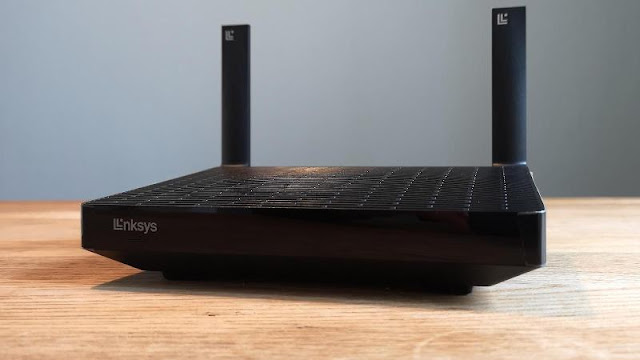
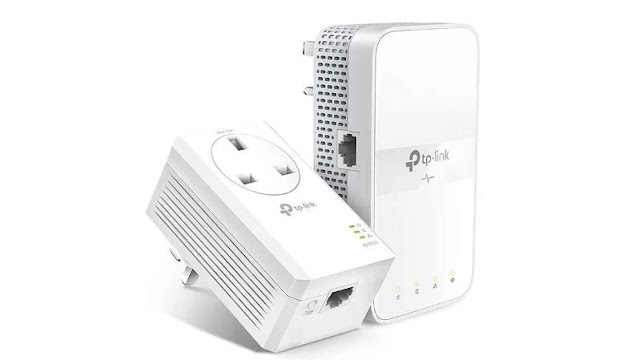



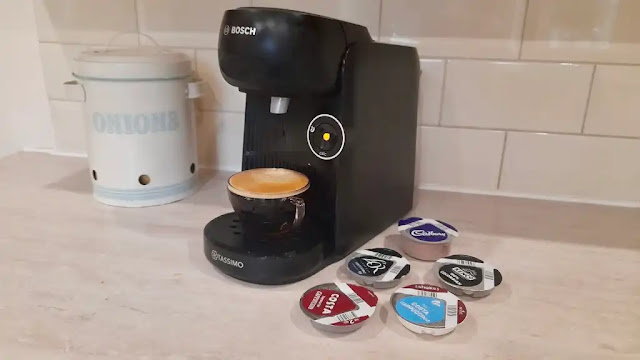
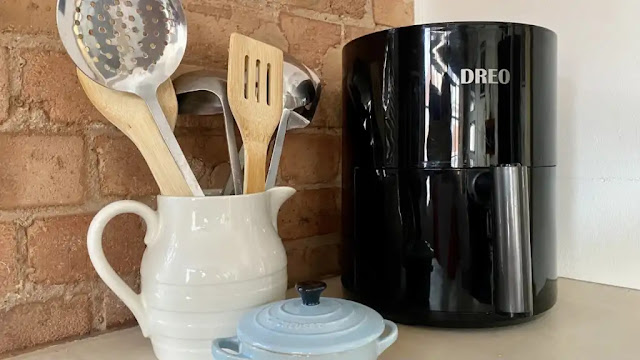
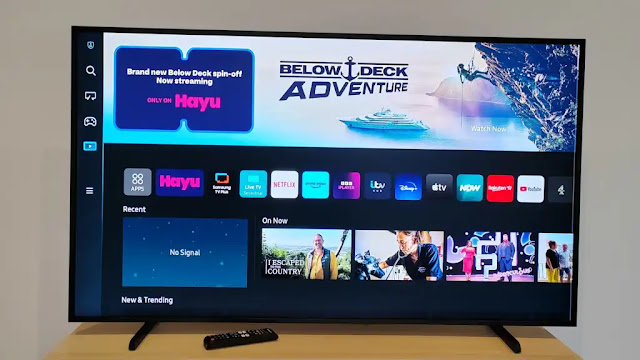


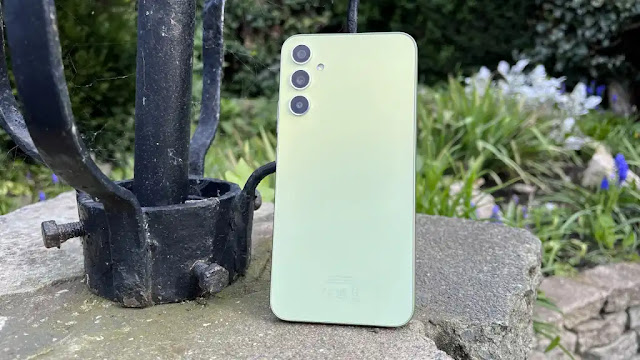


0 comments:
Post a Comment